Natural Law Theory
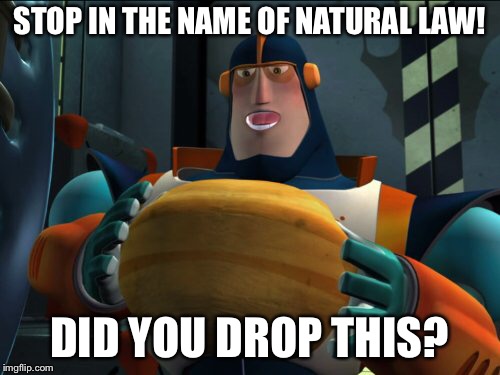
If I throw a brick up in the air, it’s going to come back down… quickly. And if I don’t move out of the way fast enough and that brick lands on my foot, I’m going to be in a world of hurt. Gravity exerts a force on objects. Bricks are harder than feet. These statements are true based on the physical laws of the universe.
Just as there are laws of physics, natural law theory suggests that there are objective, universal rules that dictate morality and that human law should reflect them. Natural law theorists believe natural laws can be discovered by careful observation of the world and human nature. Versions of natural law theory go back all the way to ancient Greece, but the thinker most well-known for developing natural law theory is Thomas Aquinas. Aquinas thought that all creatures were instilled with a natural desire for the things that were good for them. Aquinas thought that by observing these natural desires we could uncover the basic goods, or the things we are designed to seek. Once we know what the basic goods are, we can design laws around them. Natural law theory is not without its critics, however. David Hume argued that just because it IS the case that I want a donut doesn’t mean it OUGHT to be the case that I want a donut. This is known as the Is/Ought distinction. Only, he didn’t say donut. I added that because I’m hungry. You can find out more about natural law theory below, I’m off to get a donut! 🍩
Videos
Natural Law Theory: Crash Course Philosophy #34
Crash Course
-
 Natural Law Theory: Crash Course Philosophy #34
Natural Law Theory: Crash Course Philosophy #34
-
 Aquinas on Natural Law
Aquinas on Natural Law
-
 Jurisprudence- Natural Law
Jurisprudence- Natural Law
Key Texts
Podcasts
Want to Know More?
-
Natural Law
All About Philosophy -
Natural Law
The First Amendment Encyclopedia -
Natural Law
Internet Encyclopedia -
Natural Law Theories
Stanford Encyclopedia of Philosophy
Questions to Think About
-
If we are born with an understanding of natural law, why do we so often violate natural law?
-

Just because something is a certain way, does that mean it ought or should be that way?
-
How can we make sure our human-made laws reflect natural law?
-
What is the relationship between natural law and natural rights? Are they one and the same?
Key Thinkers
-

Thomas Aquinas
-

Aristotle
-
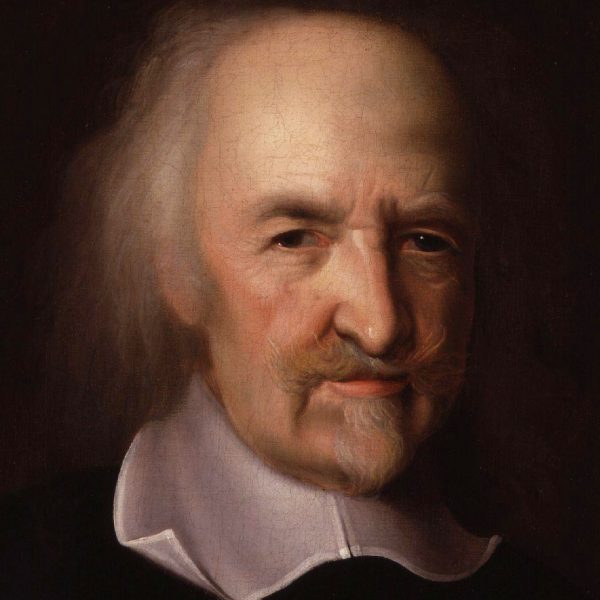
Thomas Hobbes
-

David Hume
-
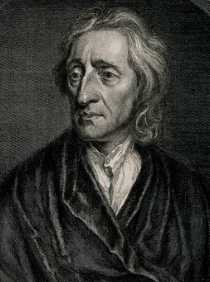
John Locke
-
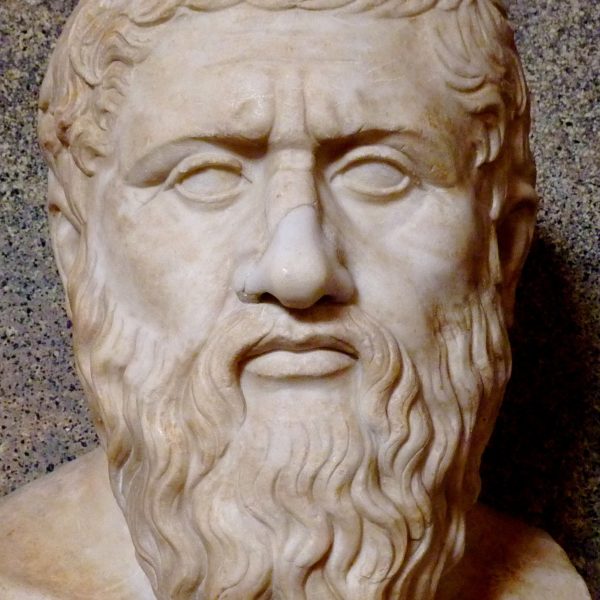
Plato
-
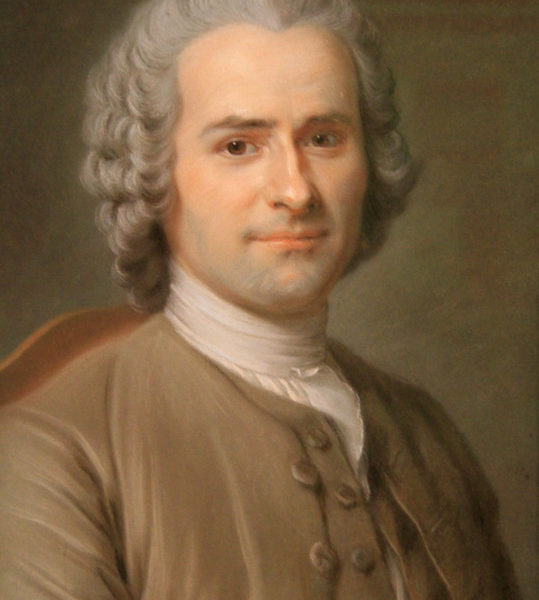
Jean-Jacques Rousseau
-
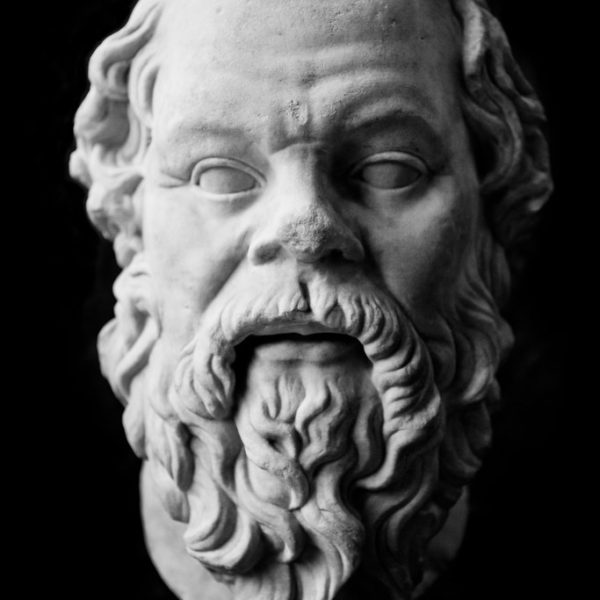
Socrates
“St Thomas Aquinas” by Lawrence OP is licensed with CC BY-NC-ND 2.0. To view a copy of this license, visit https://creativecommons.org/licenses/by-nc-nd/2.0/. https://www.flickr.com/photos/35409814@N00/40626309662
“Aristotle” by Nick in exsilio is licensed with CC BY-NC-SA 2.0. To view a copy of this license, visit https://creativecommons.org/licenses/by-nc-sa/2.0/. https://www.flickr.com/photos/33563858@N00/6884873348
“Thomas Hobbes, philosopher” by lisby1 is licensed with CC PDM 1.0. To view the terms, visit https://creativecommons.org/publicdomain/mark/1.0/. https://www.flickr.com/photos/60861613@N00/3928775840
“David Hume” by Martin Beek is licensed with CC0 1.0 To view a copy of this license, visit https://creativecommons.org/publicdomain/zero/1.0/. https://www.flickr.com/photos/66122200@N00/32931731777
“File:John Locke. Line engraving by G. Vertue, 1738, after Sir G. Wellcome V0003651.jpg” by Wellcome Library, London is licensed with CC BY 4.0. To view a copy of this license, visit https://creativecommons.org/licenses/by/4.0. https://commons.wikimedia.org/w/index.php?curid=36403225
“File:Bust of Plato, Vatican Museum, Rome.jpg” by Dudva is licensed with CC BY-SA 4.0. To view a copy of this license, visit https://creativecommons.org/licenses/by-sa/4.0. https://commons.wikimedia.org/w/index.php?curid=64206678
“Le Jour ni l’Heure 7328 : Jean-Jacques Rousseau, Citoyen de Genève, 1712-1778, par Maurice-Quentin de la Tour, 1704-1788, deuxième version, 1759-1764, le Petit Montlouis, musée Jean-Jacques Rousseau de Montmorency, Val-d’Oise, samedi 11 août 2012,18:01:52” by Renaud Camus is licensed with CC BY 2.0. To view a copy of this license, visit https://creativecommons.org/licenses/by/2.0/. https://www.flickr.com/photos/7313591@N02/7763867540
“Socrates Statue at the Louvre” by derekskey is licensed with CC BY 2.0. To view a copy of this license, visit https://creativecommons.org/licenses/by/2.0/. https://www.flickr.com/photos/32211216@N06/9135166134
Key Terms
-
- Human Law
- laws created by society
-
- Natural Law
- divine laws that govern the universe
-
- Reason
- ability of humans to recognize and understand natural law






